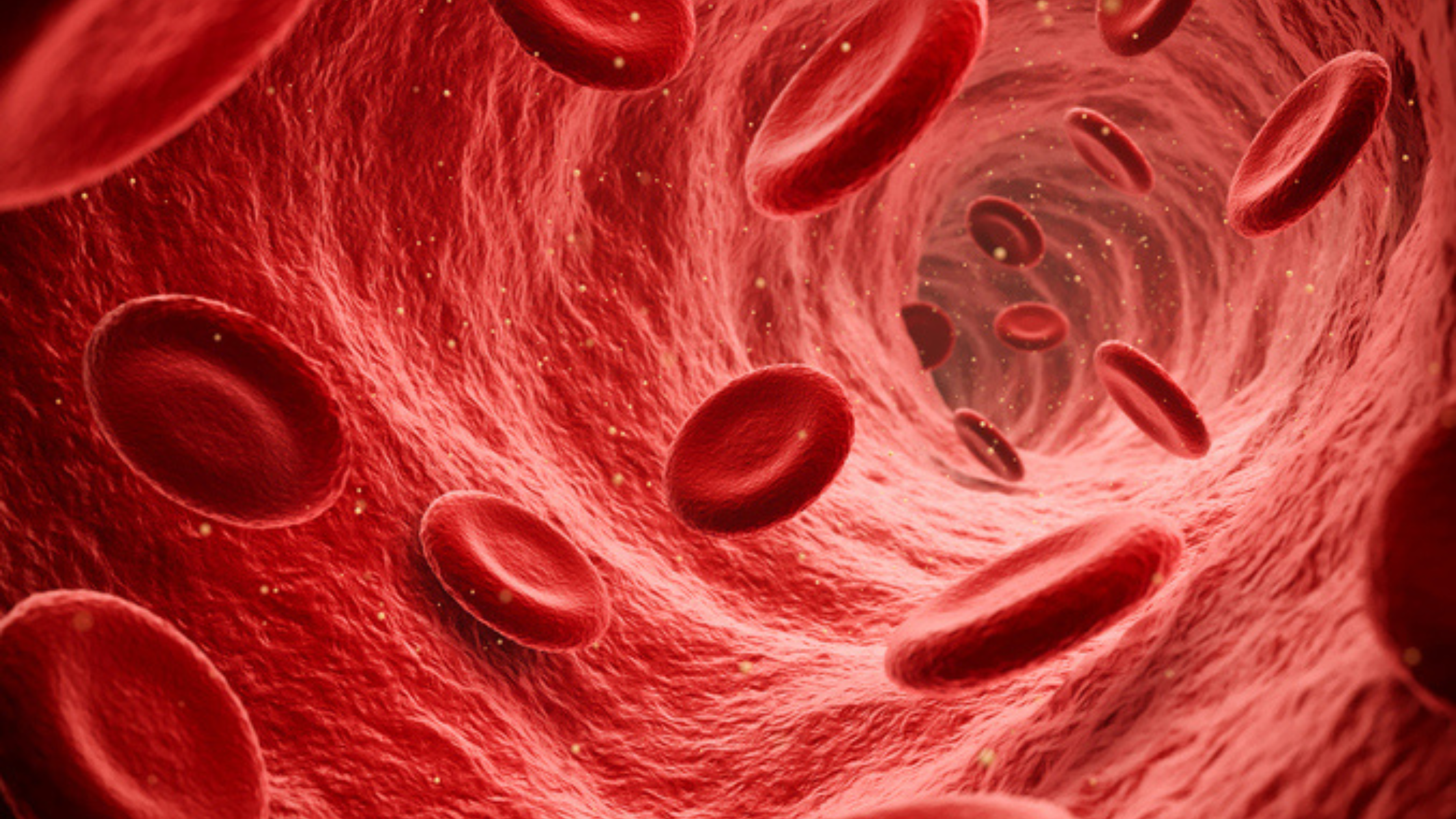Resveratrol, a natural polyphenol found in grapes, red wine, and various plants, has garnered significant attention for its myriad health benefits. Among these, its potential effects on estrogen levels have been extensively studied. This blog post delves into the current evidence to determine whether resveratrol lowers estrogen.
Can Resveratrol Lower Estrogen? Examining the Evidence
Estrogen Receptor Agonist and Antagonist Activity
Resveratrol has been shown to act as a phytoestrogen, meaning it can bind to estrogen receptors and exhibit estrogen-like activity in certain tissues. Depending on the context, It functions as an agonist and antagonist, suggesting its role in modulating estrogenic activity rather than simply lowering estrogen levels (R, R).
Inhibition of Estrogen-Induced Carcinogenesis
Research indicates that resveratrol can inhibit estrogen-induced breast carcinogenesis through the induction of NRF2-mediated protective pathways. This implies that resveratrol may protect against the carcinogenic effects of estrogen without necessarily lowering estrogen levels (R).
Mixed Agonist/Antagonist for Estrogen Receptors
Resveratrol acts as a mixed agonist/antagonist for estrogen receptors alpha and beta. This dual action suggests that it modulates estrogenic activity rather than reducing estrogen concentrations in the body (R).
No Significant Effect on Estrogen Target Tissues in Vivo
A study on weanling rats revealed that resveratrol treatment had minimal effects on estrogen target tissues. This further supports the notion that resveratrol does not significantly lower estrogen levels but may influence estrogen receptor activity (R).
Antiestrogenic Activity in Breast Cancer Cells
In human breast cancer cells, resveratrol has demonstrated antiestrogenic activity by antagonising the growth-promoting effects of estradiol. This suggests its potential to modulate estrogenic effects without necessarily reducing estrogen levels (R).
Conclusion: Does Resveratrol Lower Estrogen?
The current evidence suggests that resveratrol does not directly lower estrogen levels. Instead, it modulates estrogen receptor activity, acting as an agonist and antagonist depending on the context. This modulation can lead to protective effects against estrogen-induced carcinogenesis and other estrogenic activities.
In summary, while resveratrol may not reduce estrogen concentrations in the body, its ability to influence estrogen receptor activity highlights its potential as a valuable compound in modulating estrogenic effects and offering protective benefits.
Explore AgeMate’s range of Resveratrol here, and If you are interested in learning more about estrogen, read our article: Does NMN increase estrogen?





